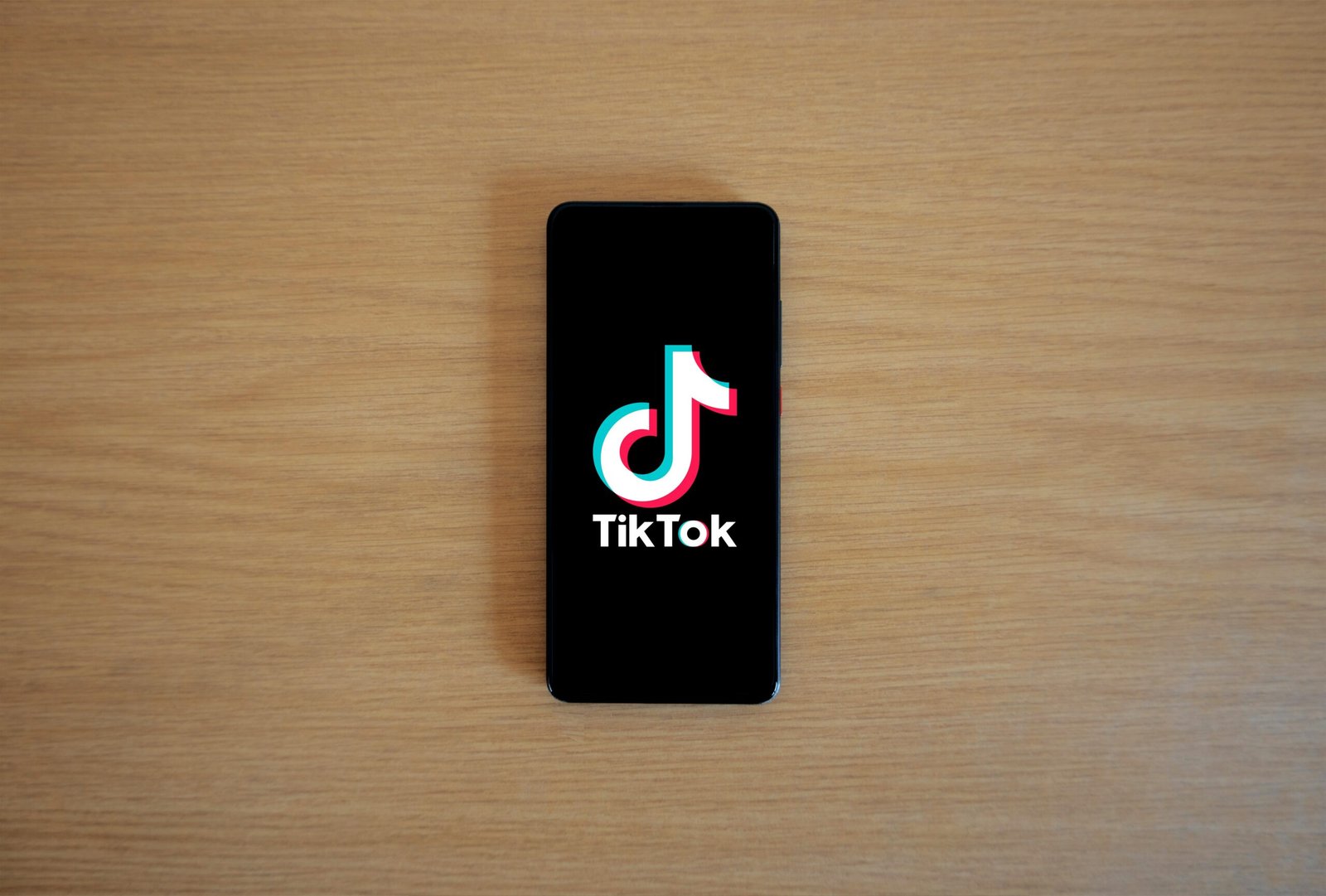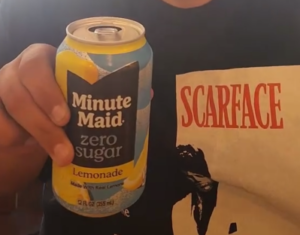A federal appeals court on Friday declined to temporarily block a TikTok ban, setting the stage for a Supreme Court showdown over whether the law should be enforced while TikTok’s legal challenge continues.
Last week, the DC Circuit Court of Appeals upheld the law by a unanimous decision, allowing it to take effect on January 19. Following that, TikTok requested the court issue a temporary pause on the ban while the company seeks Supreme Court review of its challenge. However, the appeals court rejected this request in a brief, unsigned order, stating that a temporary block was “unwarranted.”
The TikTok ban has become one of the most closely watched legislative matters in recent years, with many expecting the case to ultimately reach the conservative-majority Supreme Court.
The law mandates that TikTok either be sold to a non-Chinese owner or face a ban in the U.S. After the January deadline, U.S. app stores and internet services could face significant fines for hosting the platform if it is not sold. The president has the option to grant a one-time extension of the deadline under the legislation.
TikTok has indicated that if the appeals court rejected a temporary pause, it would ask the Supreme Court to intervene on an emergency basis to block the law. That request could be made at any time. In court filings, TikTok’s attorneys argued that denying a temporary block would force the Supreme Court to review the case quickly, potentially over the holidays, on its “shadow docket.”
The Biden administration opposed the request for a temporary block, arguing that it could allow TikTok to delay the appeal process for months, effectively preventing the law from being enforced for an extended period.
Congress passed the ban earlier this year with bipartisan support, and President Biden signed it into law in April. The law was introduced in response to national security concerns about the app’s Chinese parent company, ByteDance.
In its ruling last week, the DC Circuit Court stated that the law did not violate the U.S. Constitution, finding that it met the strict scrutiny standard required for government restrictions on speech. The court highlighted that the law was a result of extensive bipartisan action and was specifically designed to address concerns over foreign influence, particularly from China.
TikTok’s legal team, however, argues that the Supreme Court should make the final decision, given the significance of the constitutional issues involved. They suggested that the Supreme Court would likely take interest in the matter, particularly since the law’s compliance with strict scrutiny is a contentious issue.
ByteDance has previously stated that it will not sell TikTok.














